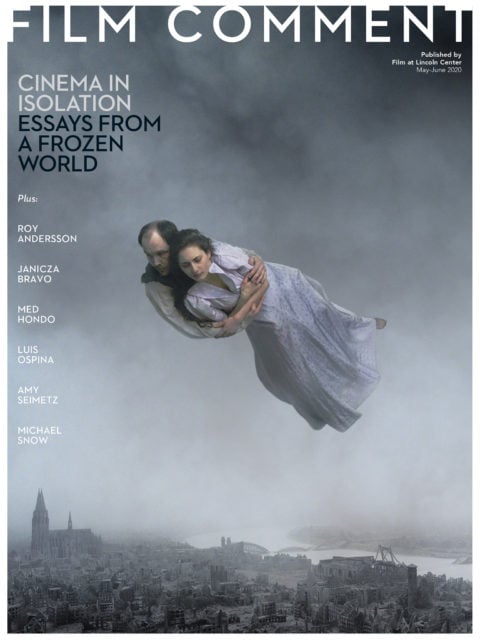By Ray Privett in the May-June 2020 Issue

Wish List: Clando
The only fiction feature from Jean-Marie Téno is richly evocative and tastefully spare in style
A “clando” is a clandestine, unlicensed taxicab and its driver. In Clando, the 1996 feature from Jean-Marie Téno, it is also a potent metaphor: a clando cabbie is like a hunter fighting with every means at his disposal for the survival of his village—a man stripped of his manhood, like a political prisoner or a persecuted immigrant. After aiding the Cameroonian resistance, computer programmer Anatole Sobgui (Paulin Fodouop) is kidnapped, beaten, and thrown in jail. Released, his previous job unavailable, Anatole becomes a clando. He goes to Germany to do business and/or to connect with some overseas rebels. Hopeful but haunted, he meets a woman. Richly evocative and tastefully spare in style, Clando is apparently the only fiction feature thus far from Téno, a prolific director of essayistic nonfiction. Its absence from prominent VOD services stirs one’s own metaphorical reflection: how shallow the surface, how deep the ocean.
Ray Privett is Senior Accountant for Film at Lincoln Center.

From the May-June 2020 Issue
Also in this issue







